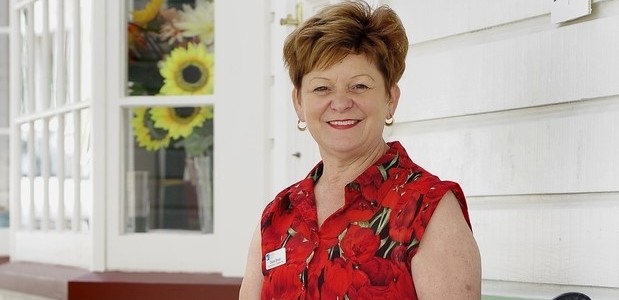
The biggest debt the Tauranga Budget Advisory has dealt with was more than half a million dollars and co-ordinator Diane Bruin says more wage earners and people with mortgages are seeking help.
A Bay family lost their home and went bankrupt after owing more than $500,000 in mortgage arrears, accumulated debt and hire purchases.
But they are not alone, as more people with mortgages and wage earners seek help for financial difficulties.
Tauranga Budget Advisory Service co-ordinator Diane Bruin said some people were being caught out by rising interest rates.
In March 2014, the Reserve Bank started to raise the official cash rate, which effects mortgage interest rates, from 2.5 per cent to 2.75 per cent. Yesterday the rate was 3.5 per cent.
“Rates have increased and if they didn’t talk to their bank to arrange a fixed rate before interest rates increased, then they are paying more,” said Mrs Bruin.
“This then impacts on the household across all expenses but mainly food, as it’s often what is left.”
People needed to talk more about money, she said.
“In the past it has become a taboo subject but we need to talk about financial matters openly with family to help them realise how difficult it can be.”
Kiwibank communications manager Bruce Thompson said you could still fix at low rates because it was a competitive market place.
“In the past people have been caught and they haven’t fixed and rates have gone up steeply, but at this stage they haven’t.”
Banks did not want people getting in “over their heads” and were cautious about lending, he said.
“They want customers who are able to service their debt without putting themselves into financial hardship.”
However, people could get into trouble if circumstances changed, Mr Thompson said.
“You can take out a loan with two people who are working on good incomes and then something happens. One of the parties may become pregnant and not be able to work or somebody may lose their job.”
On average, the Tauranga Budget Advisory Service helped about 1800 clients a year and it was on track for similar numbers.
But more working people had sought help, Mrs Bruin said.
“We are finding more working people seeking assistance than two years ago.”
Although it was possible to create savings on low income or a benefit, she said. “It was not about what you earned – it is more about how you spend it.”
The service provided a free programme – More about Money – where people got to work with a money coach.
The social services manager of Te Tuinga Whanau Support Services Trust, Pikiteora Russell, said an emerging trend was people using quick-fix solutions to deal with debt.
“If we are to quantify why large debt is accumulated, families will utilise finance companies, or businesses that offer pay-later schemes at high interest rates.”
The main reason people got into debt was not enough income, she said.
“This also applies to those families in work.
“Also there are the temptations of the world like alcohol, gambling and drugs as a quick fix to desperation.”
Its service helped about 200 families a year and most clients were beneficiaries.
